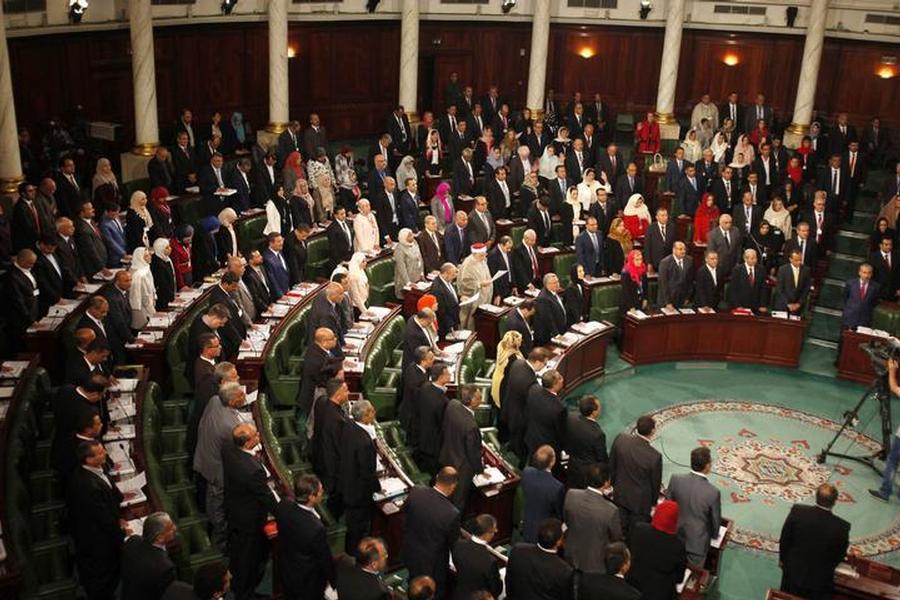Tunis- Tunisian Prime Minister Youssef Chahed announced the implementation of the first ever partial amendment on ministerial portfolios. Khalil al Ghriyani was duly appointed as a successor to public service minister Obaid Buraiki.
Initial remarks made by Buraiki, a former labor party leader, on the ministerial change showed great surprise towards his unexpected relief from duties.
Buraiki added that he had hinted his resignation a day ahead of the ministerial reappointments, however did not send it in writing to the national unity government’s prime minister.
On the other hand, local protests took on a higher note against development projects considered a threat to the ecosystem and the environment. Take to streets demanded that the Chahed administration looks into rapid responses to emerging industrial polluting manufactures.
In the Gabès governorate, home to some 130,000 Tunisians, demanded that a local phosphogypsum factory be shutdown, protesting that no less than 25 tons of toxic waste is being disposed in the Mediterranean, causing great harm and damage to coastal areas.
Similar protests against hazardous industrial projects across Tunisia have been breaking out in the Gafsa Governorate, northern Tunisia and Sfax.
More so, Tunisia plans to sell stakes in three state-owned banks this year and cut up to 10,000 public sector jobs as part of reforms demanded by the International Monetary Fund (IMF), which has frozen the second tranche of a loan, the finance minister said.
Six years after its 2011 pro-democracy uprising, Tunisia is struggling to make economic progress. Last June, the IMF released the first tranche of a loan worth $320 million.
Finance Minister Lamia Zribi told Reuters in an interview a second payment had not been made.
“The IMF froze a second tranche worth $350 million scheduled last December because of lack of progress in reforms, including public sector wage bill, the public finances and state banks,” the minister said.
Zribi said an IMF delegation had been expected in Tunisia next month to discuss reforms and the third tranche of the loan, but the team will not come if they did not see reform progress.
Any official suspension of IMF installments of the loan could push other international partners to retreat from lending to the North African state.
Zribi said the government was ready to launch a new push on the reforms package in the public sector, the banking sector, state companies and taxes.
The minister said the government would immediately begin plans for a voluntary layoff program for state employees by encouraging early retirement, aiming to cut at least 10,000 public sector jobs in 2017 through the program.
